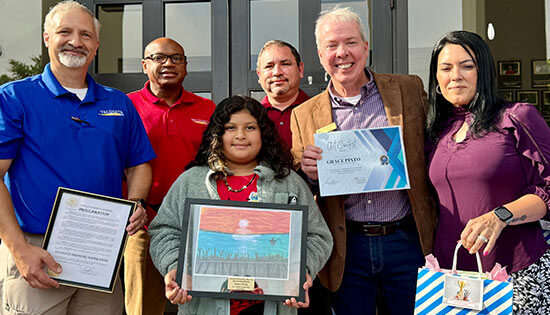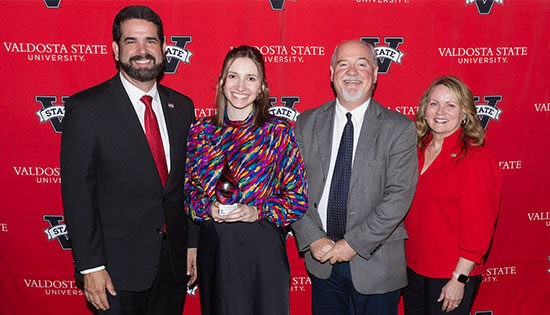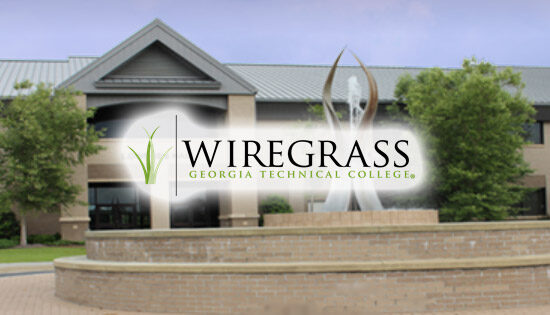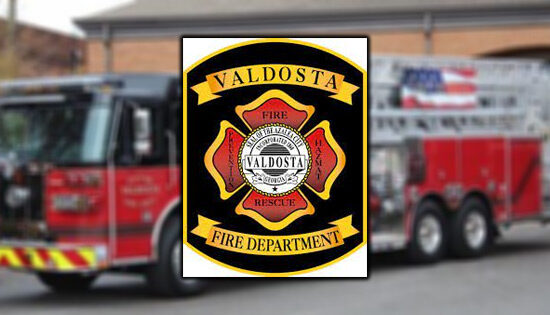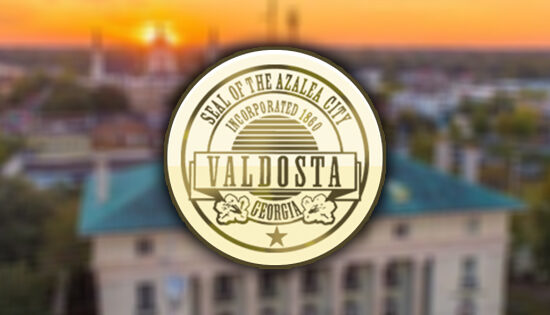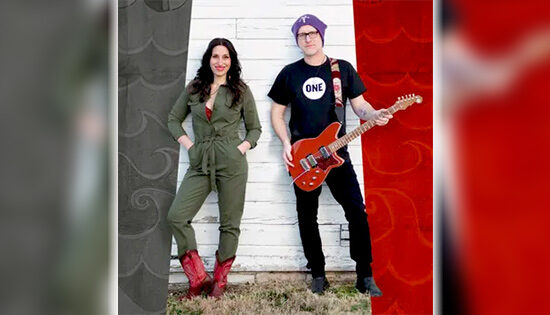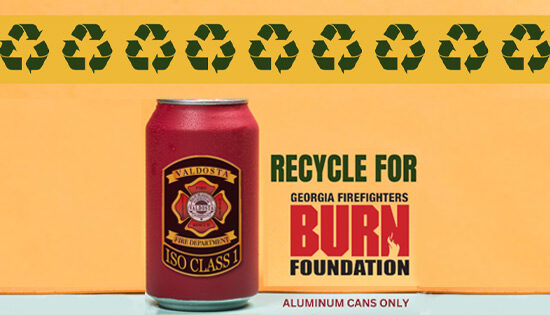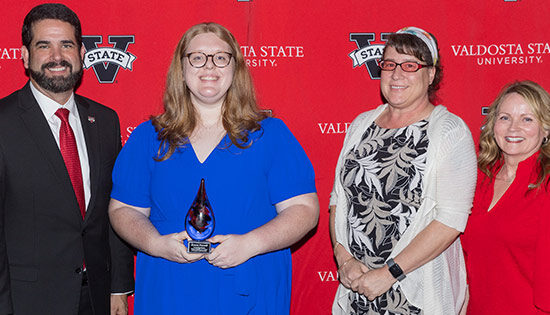Photo: Thirteen environmental geosciences students in Dr. Jia Lu’s GEOG 3510: Urban Community Planning class participated in the research project, “Public Opinions of Autonomous Vehicles in Public Transit,” during Spring Semester 2023. They surveyed city residents and presented their findings in late April to Valdosta Mayor Scott James Matheson.
VALDOSTA – Valdosta State University students study the future use of autonomous vehicles in Valdosta public transit.
Release:
With demand for affordable public transportation on the rise in Valdosta, a group of Valdosta State University students recently asked city residents how they felt about the potential use of autonomous vehicles to support transit service expansion in the future.
Thirteen environmental geosciences students in Dr. Jia Lu’s GEOG 3510: Urban Community Planning class participated in the research project, “Public Opinions of Autonomous Vehicles in Public Transit,” during Spring Semester 2023. They surveyed city residents and presented their findings in late April to Valdosta Mayor Scott James Matheson.
According to the data collected, Lu, a professor of geography at VSU, said city residents appear to be supportive of using autonomous vehicle technology to support transit service expansion in the future. The students also researched responses to public concerns, including infrastructure preparation, parking, and finance.
The City of Valdosta launched Valdosta On-Demand, a public transit service, on April 27, 2021. It started with seven vehicles and has grown to include 10. It provided 60,796 rides during its first year and 95,579 during its second year.
Demand for the service continues to rise.
Lu said autonomous vehicles have the potential to expand Valdosta On-Demand’s service reach with lower capital and operating costs. She and her students enjoyed this real-world learning project and the opportunity to facilitate conversations about ways this developing technology could be applied in the future to make transportation around the city more frequent, more reliable, more affordable, and greener — without sacrificing safety, neglecting the unique needs of riders with special needs, or completely eliminating human interaction and customer service.
Having VSU faculty and students take an interest in doing what they can to help Valdosta thrive is “an advantage beyond measure,” Matheson said. He hopes the city and the university will continue to work together to identify issues that need to be solved as well as opportunities for innovation, with a focus on enhancing the quality of life of everyone who calls the city home.
Matheson does not know if autonomous vehicles are part of the Valdosta of tomorrow, but he did say that having this information will prove “invaluable” as city leaders work to shape the city’s future. Building a better city requires knowledge from multiple sources, including urban science.
On the Web:


